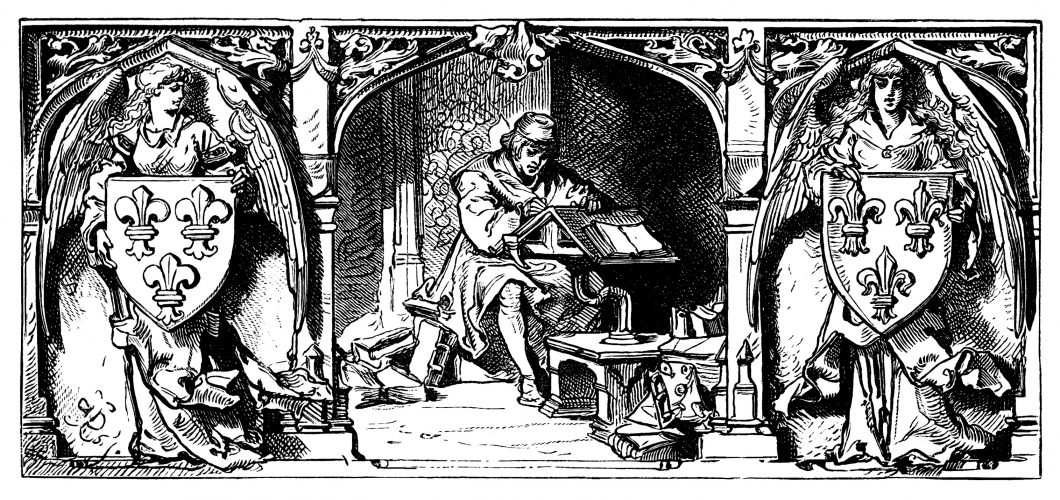The Chief Justice is a former clerk to Rehnquist, so we should look for him to tread lightly in his predecessor’s footsteps.
Scholars Write an Unscholarly Letter Opposing Senator Sessions
A group of law professors, now more than a thousand in number, has written a collective letter opposing Jeff Sessions’ nomination as Attorney General. The letter’s list of particulars against him is long—from his position on environmental laws to civil rights laws—as well as allegations of racial insensitivity that figured in his failed nomination to be a federal district court judge thirty years ago.
Of course, these law professors have every right to oppose Jeff Sessions as citizens, but they are clearly here writing as legal scholars, noting their position as law professors at the start of the letter and signing with their institutional affiliations.
What is notable, however, is the lack of any scholarly argument in the letter. There is no analysis of why Sessions’ positions are wrong as matter of law or policy. I doubt many of the signers have examined the hearings for his district court nomination to come to independent judgment on his fitness for that office or any other.
Law professors have been writing such letters of mass advice to Congress for some time. They are almost always letters supporting the left-liberal positions, because law professors are overwhelmingly left liberal. Neal Devins of William and Mary has made a powerful case that these letters are a serious mistake, because they attempt to trade on law professors’ status as scholars to give credibility to unscholarly and sometimes partisan advice. Professor Devins has noted that many law professors who sign these letters lack scholarly expertise in the subject matter, and this letter is no different in that respect. But even the letters he critiqued, like that contending that President Clinton’s impeachment was unconstitutional, had at least the patina of an argument. But this letter just takes positions without serious reasoning of the kind scholars provide.
As such, this letter debases the enterprise of scholarship. What we as scholars can provide to politicians is more articulate reasons for political action. That deepening of deliberation does a service to democratic debate, which at its best is about reason, not raw preferences. Particularly in these days where politics is less and less about policy and more about loyalties to one’s tribe, scholars have a particular obligation to raise politics toward the ideal of reason rather than to lower scholarly discourse toward that of coarse politics.


